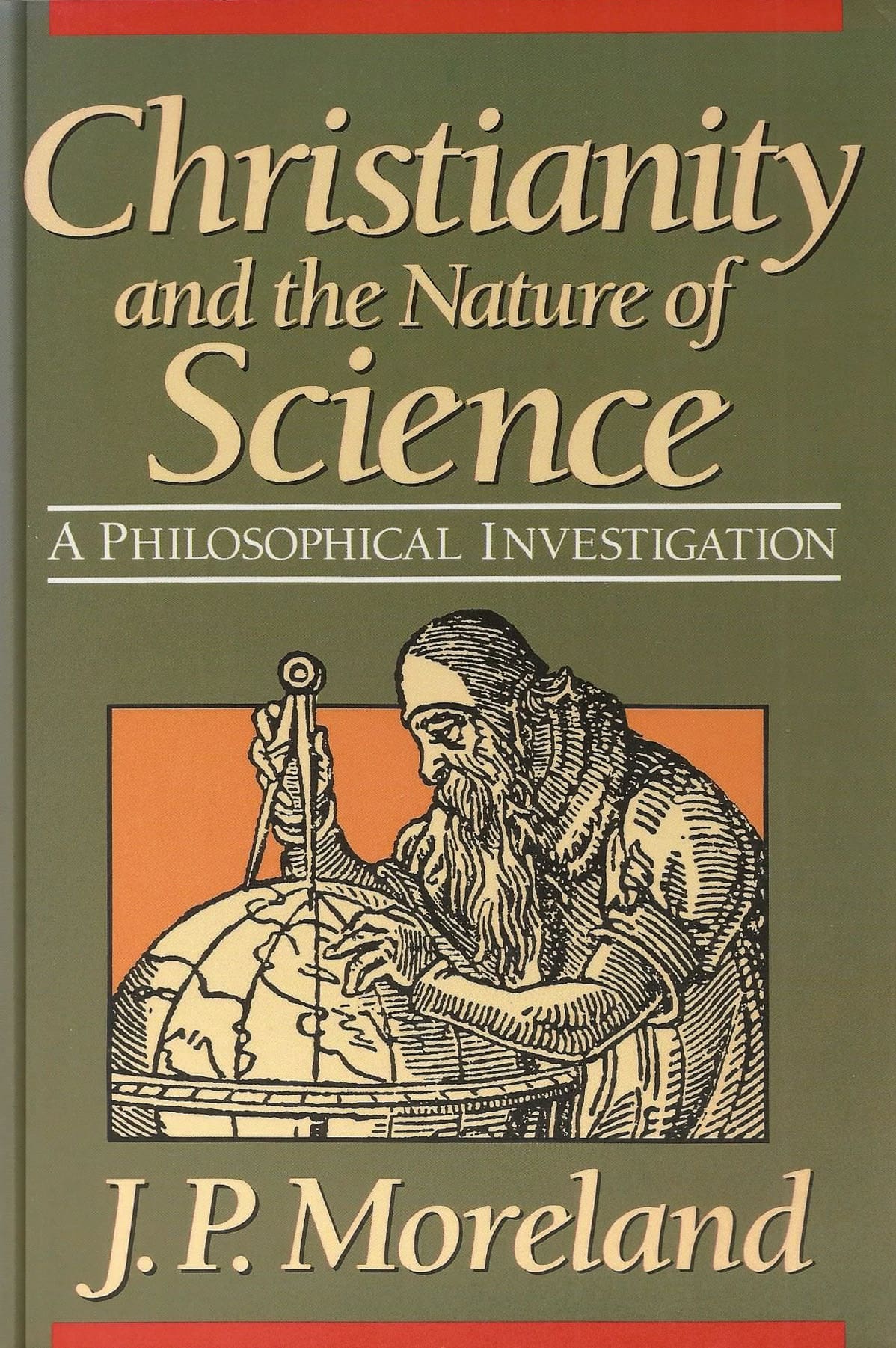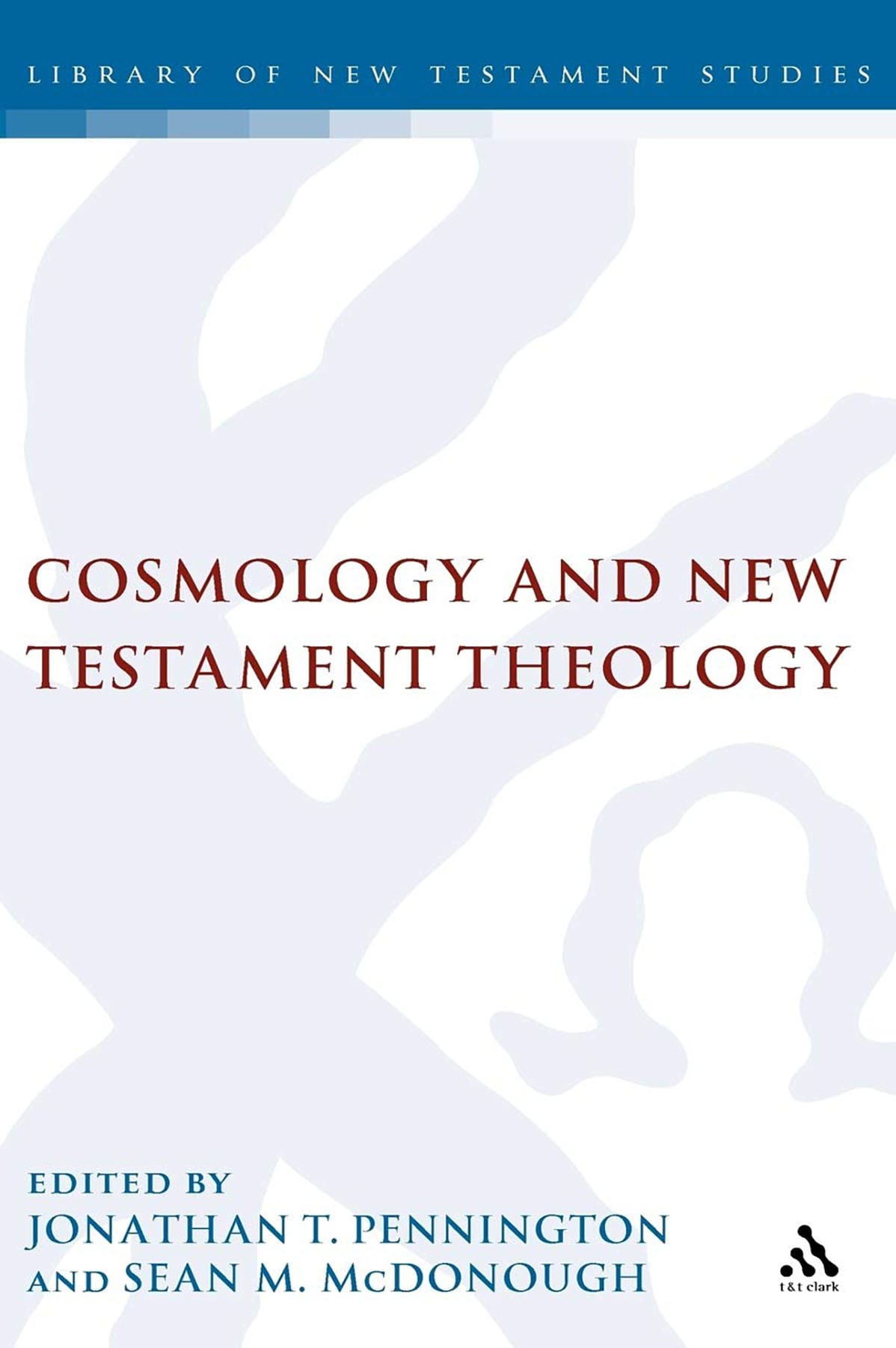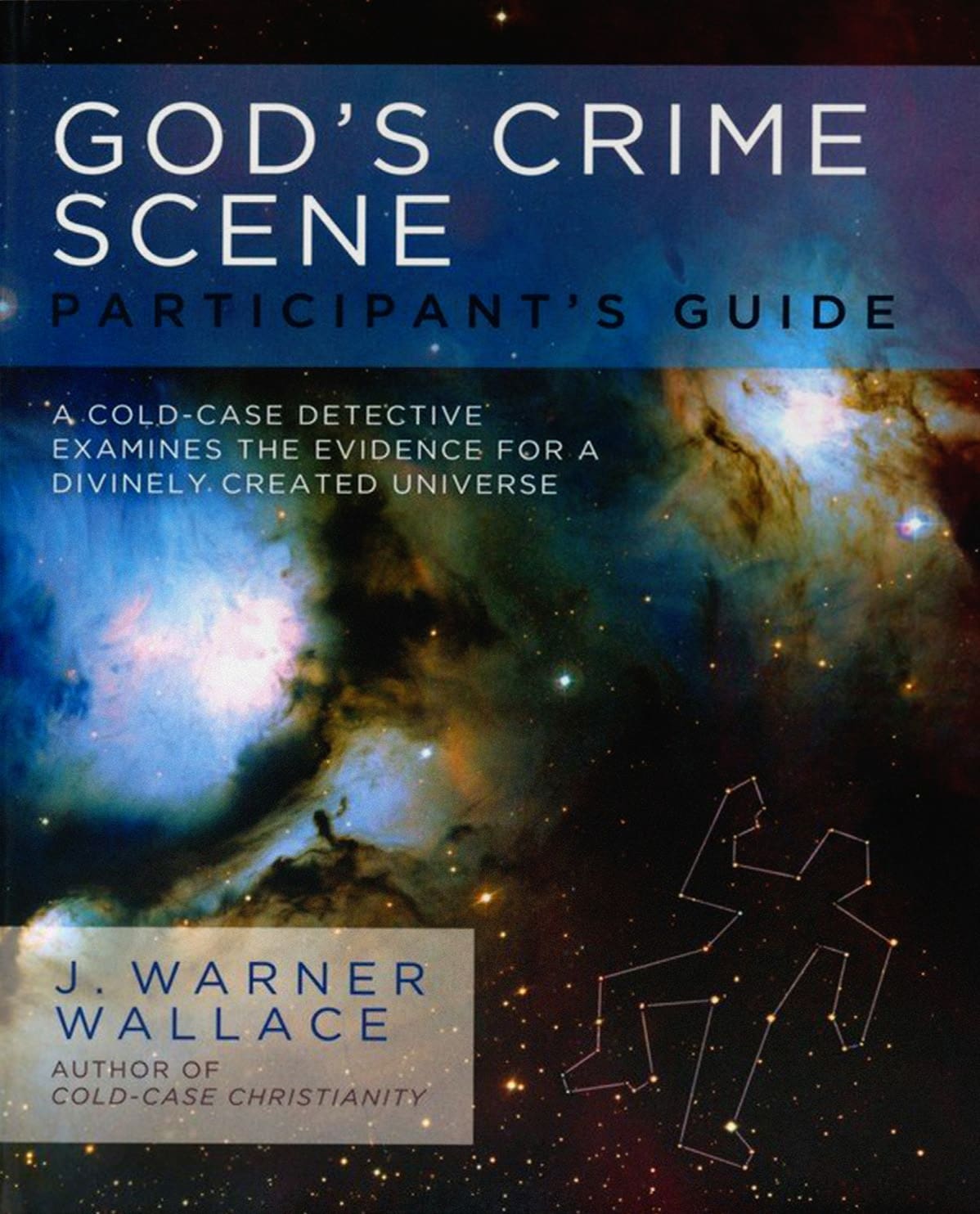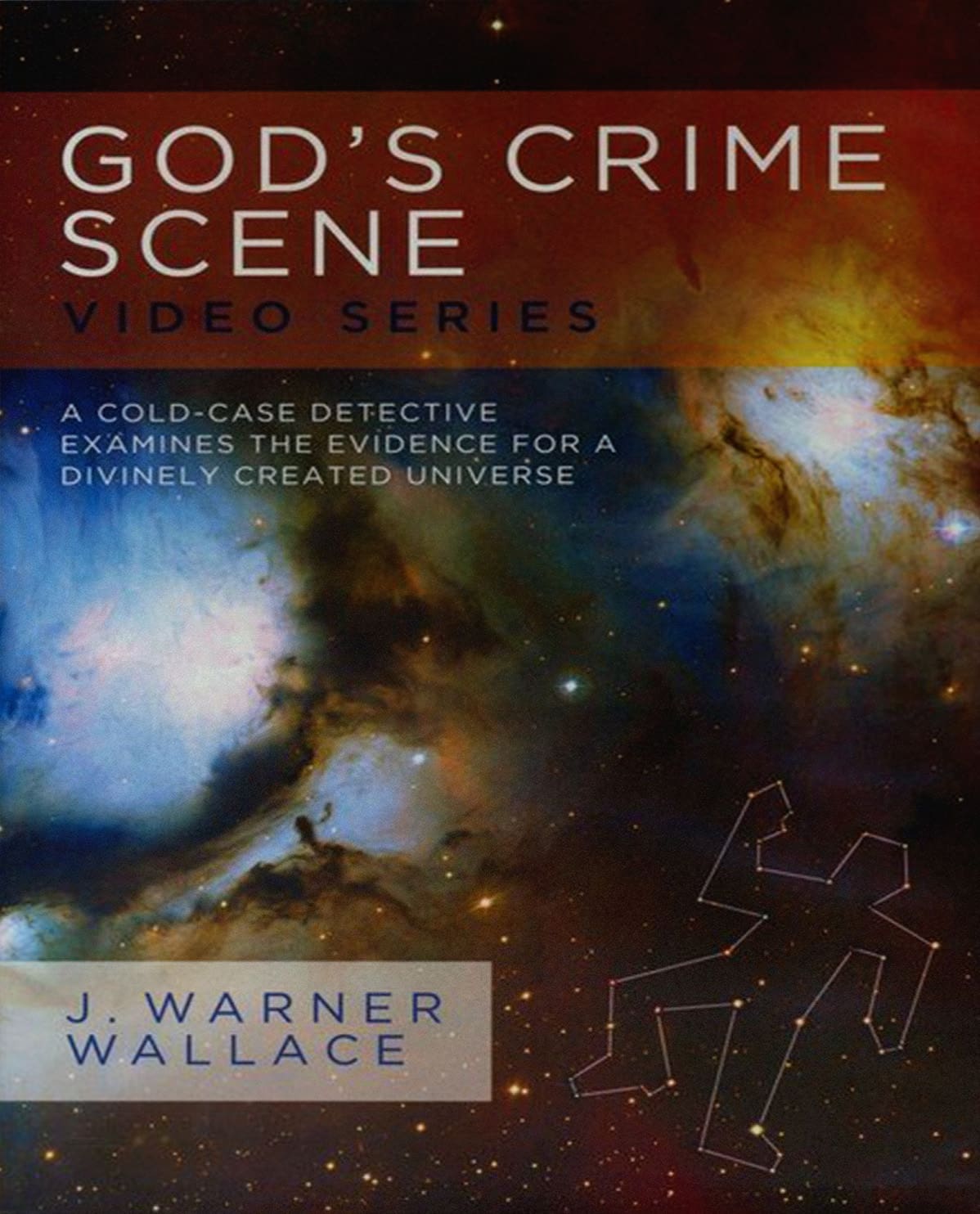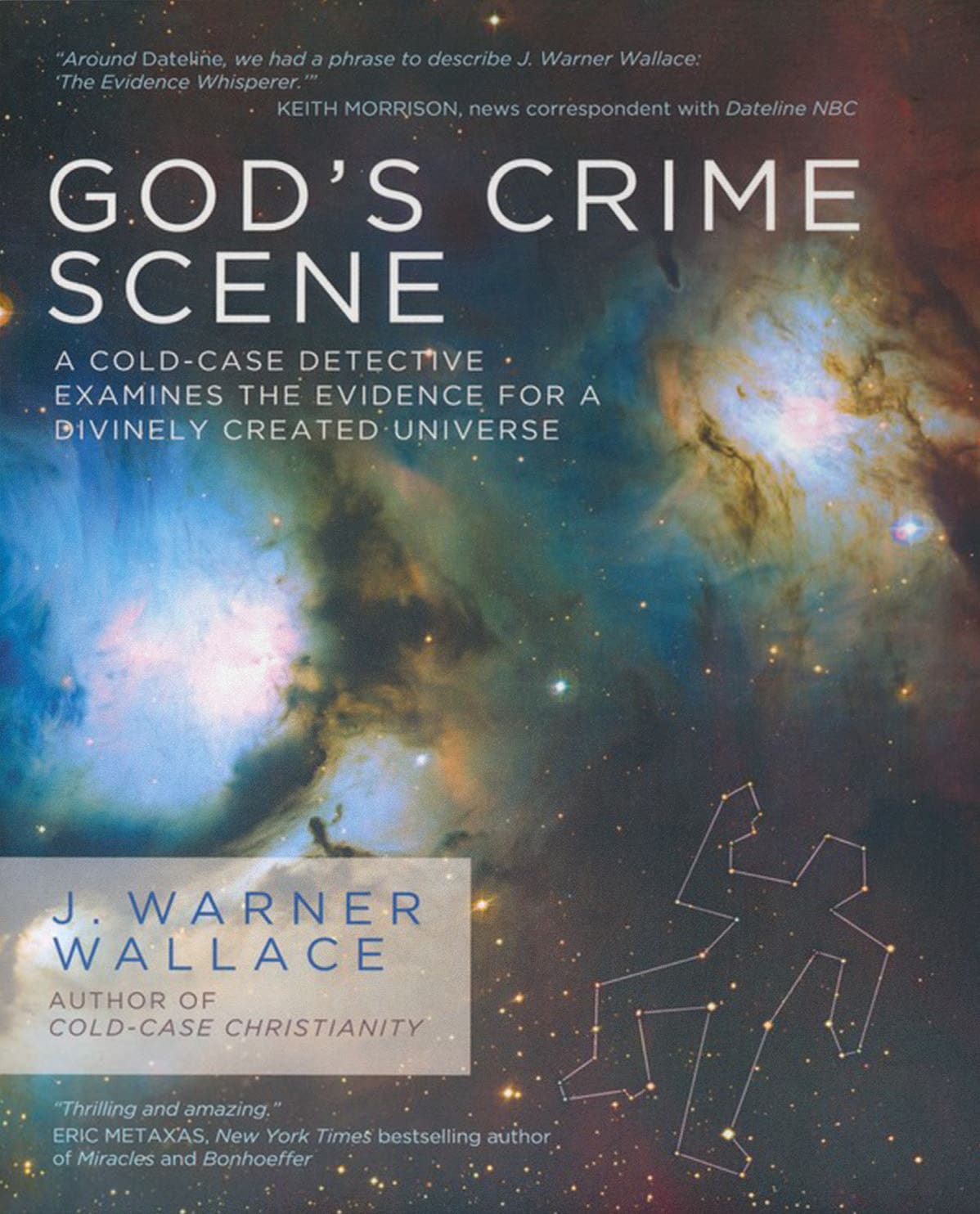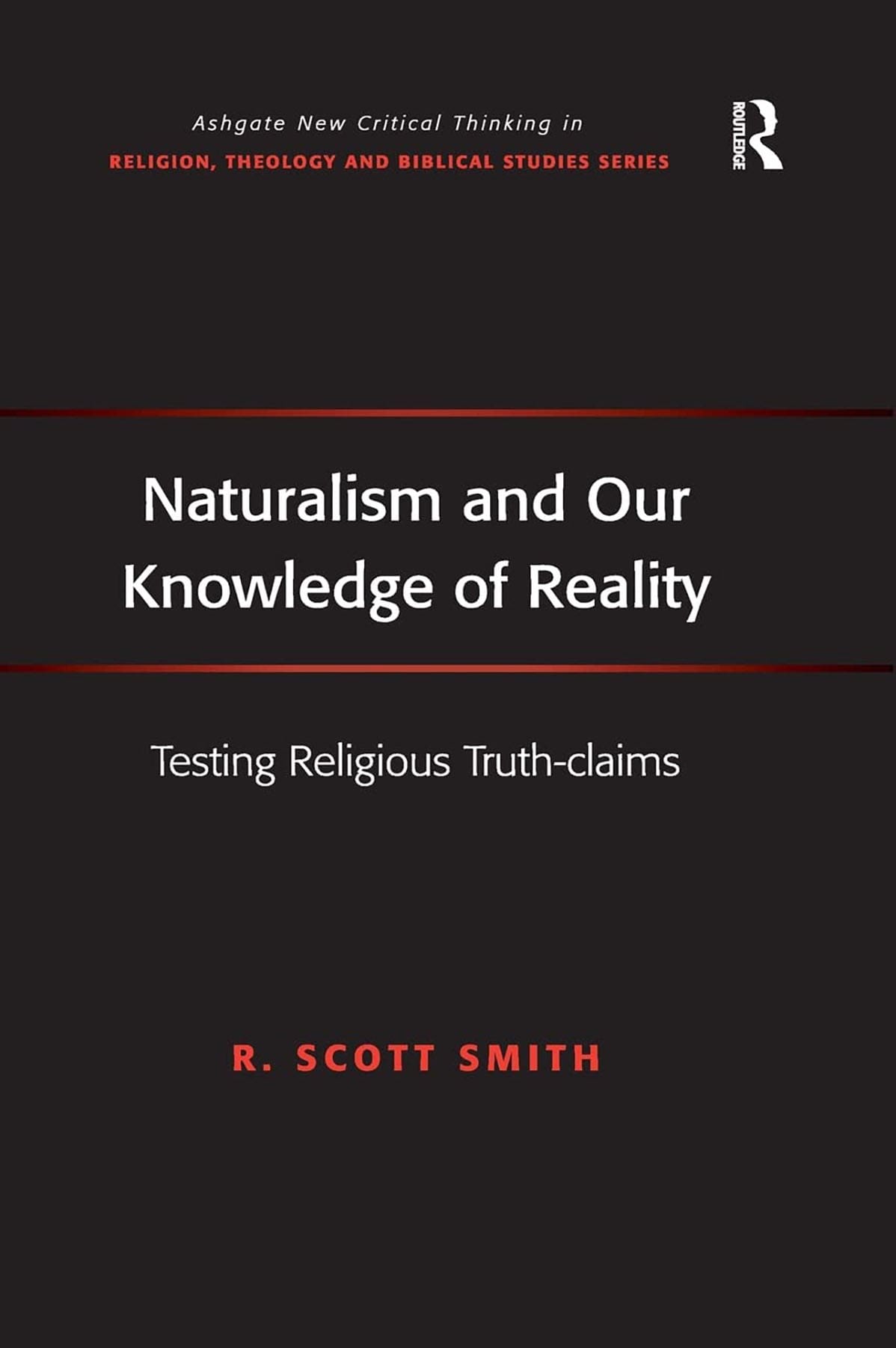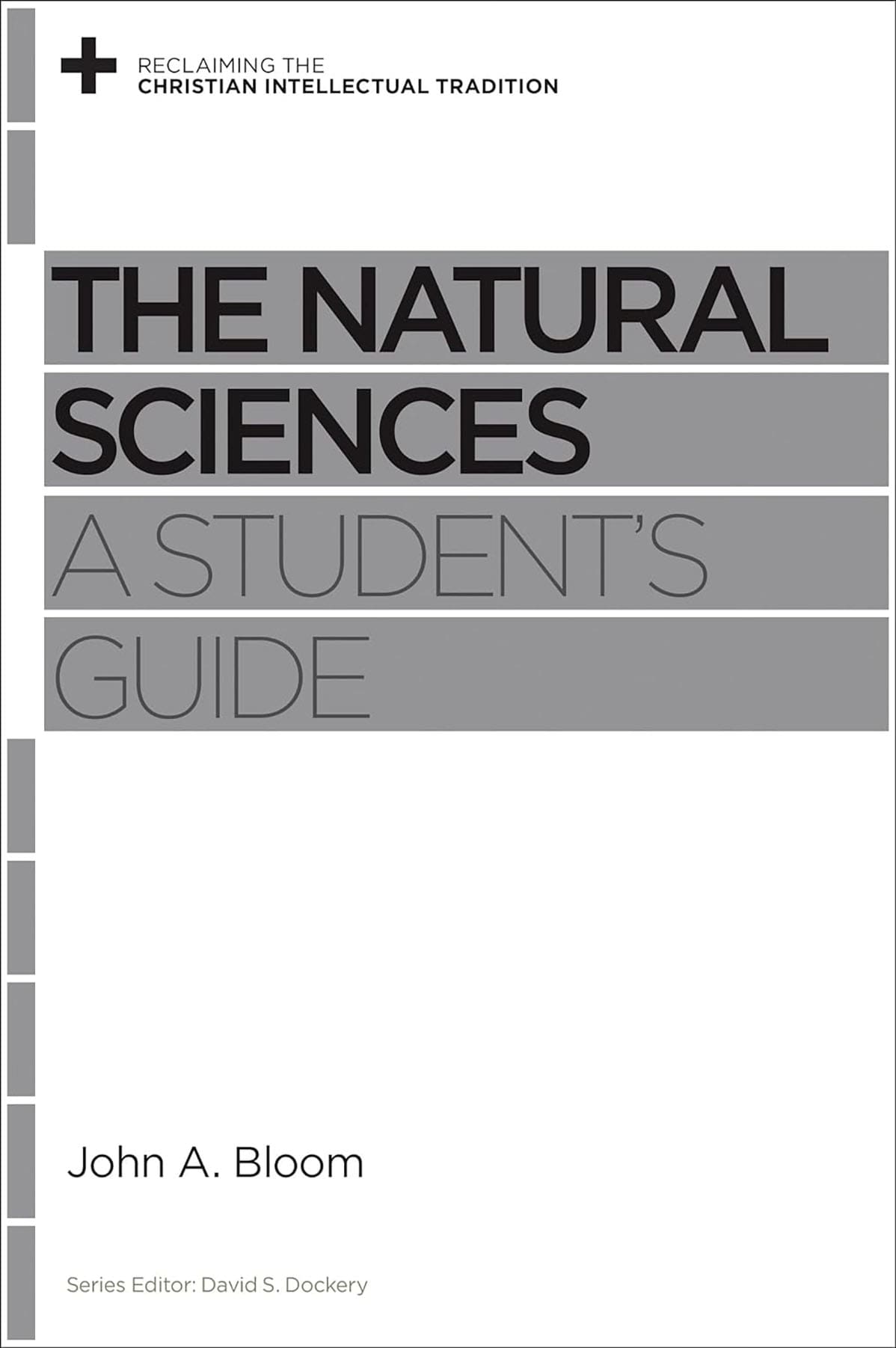Cosmology and New Testament Theology
Cosmology and New Testament Theology systematically examines the NT documents to show how cosmological language and concepts inform, interact with, and contribute to the specific theological emphases of the various NT books. In some NT books, the importance of cosmology can be easily discerned, while in others what is required is a new and close examination of key cosmological terms (e.g., heaven, earth, world, creation) with an eye to the themes and theology of the book.
God’s Crime Scene Participant’s Guide
Follow former cold-case detective J. Warner Wallace in God’s Crime Scene as he examines eight pieces of critical evidence in the “crime scene” of the universe to determine if they point to a “divine intruder.” This 8-session DVD will dive into one of the most meaningful and challenging questions: Does God exist? Note: This highly visual and interactive study book is tailored for individual or group use with the DVD Study.
God’s Crime Scene Video Series with Facilitator’s Guide
Join renowned cold-case detective, author, and speaker J. Warner Wallace in this compelling eight-session video series with facilitator’s guide. Determine for yourself if everything we see in the universe can be explained solely from causes found within the natural realm, or if there is evidence of an outside “intruder”—or rather, God.
God’s Crime Scene: A Cold-Case Detective Examines the Evidence for a Divinely Created Universe
What would happen if an experienced homicide detective applied the investigative tools he uses to prove that God exists? Follow former cold-case detective J. Warner Wallace in God’s Crime Scene as he examines eight pieces of critical evidence in the “crime scene” of the universe to determine if they point to a “divine intruder.”
Naturalism and Our Knowledge of Reality: Testing Religious Truth-claims
R. Scott Smith argues in a fresh way that we cannot know reality on the basis of naturalism. Moreover, the “fact-value” split has failed to serve our interests of wanting to know reality. The author provocatively argues that since we can know reality, it must be due to a non-naturalistic ontology, best explained by the fact that human knowers are made and designed by God. The book offers fresh implications for the testing of religious truth-claims, science, ethics, education, and public policy. Consequently, naturalism and the fact-value split are shown to be false, and Christian theism is shown to be true.
The Natural Sciences: A Student’s Guide
In this accessible guide for students, a well-regarded science professor introduces readers to the natural sciences from a distinctly Christian perspective. Starting with the classical view of God as the Creator and Sustainer of the universe, this book lays the biblical foundation for the study of the natural world and explores the history of scientific reflection since Aristotle. Bloom argues that the Christian worldview provides the best grounds for scientific investigation, offering readers the framework they need to think and speak clearly about the pursuit of scientific knowledge.

